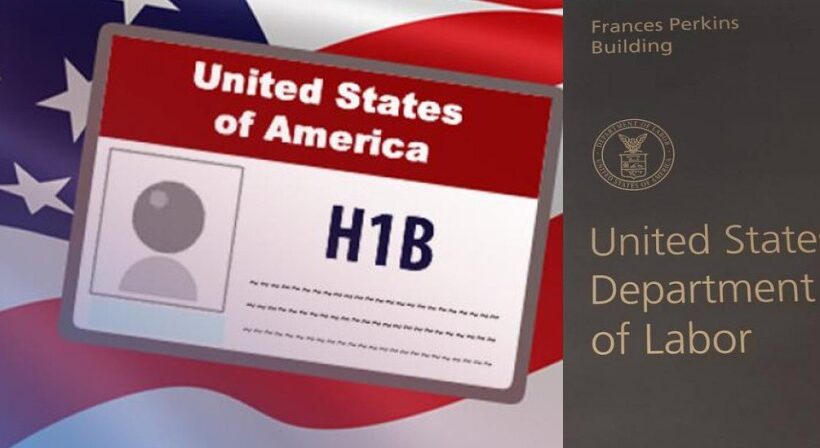USCIS Unveils Enhanced H-1B Visa Selection Criteria for FY 2025 – Aiming for Fairness and Fraud Prevention

In an effort to bolster the integrity of the H-1B registration process and curb potential fraud, the US Citizenship and Immigration Services (USCIS) has introduced a final rule for the fiscal year 2025 (FY 2025) H-1B cap. The new beneficiary-centric selection process ensures fairness and equal opportunities for all beneficiaries, irrespective of the number of registrations submitted on their behalf.
Key Highlights of the Rule:
Unique Beneficiary Selection: Registrations will now be chosen based on unique beneficiaries, minimizing the risk of fraud and ensuring an unbiased selection process.
Passport Information Requirement: Starting with the FY 2025 initial registration period, USCIS will mandate registrants to provide valid passport information or valid travel document information for each beneficiary.
Clarification on Employment Start Date: The final rule clarifies requirements regarding the requested employment start date on certain petitions subject to the H-1B cap, allowing filing with requested start dates after October 1 of the relevant fiscal year.
Codification of USCIS Authority: The rule codifies USCIS’ ability to deny or revoke H-1B petitions if the registration contains false attestation or is otherwise invalid.
Additionally, USCIS has announced a Fee Schedule final rule, effective after the initial registration period for FY 2025 H-1B cap.
Important Dates:
The initial registration period for the FY 2025 H-1B cap: March 6, 2024, to March 22, 2024.
Organizational accounts launch on February 28, 2024, enabling collaboration on H-1B registrations, petitions, and associated forms.
Online filing of Form I-129 and Form I-907 for non-cap H-1B petitions begins on February 28, 2024.
Petitioners can continue filing paper Form I-129 H-1B petitions, but online filing options will be available from April 1, 2024.
USCIS Director Ur M Jaddou commented, “The improvements in these areas should make H-1B selections more equitable for petitioners and beneficiaries and will allow for the H-1B process to be fully electronic from registration until the final decision.”
These reforms aim to enhance the overall H-1B program, fostering transparency, efficiency, and resistance to fraudulent activities.















